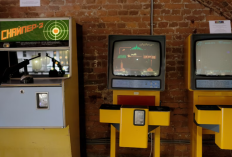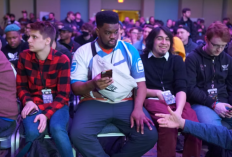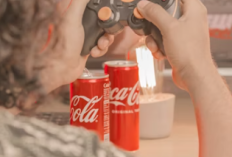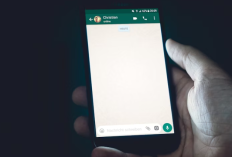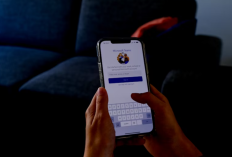Mobile Game Addictions No One Wants to Admit
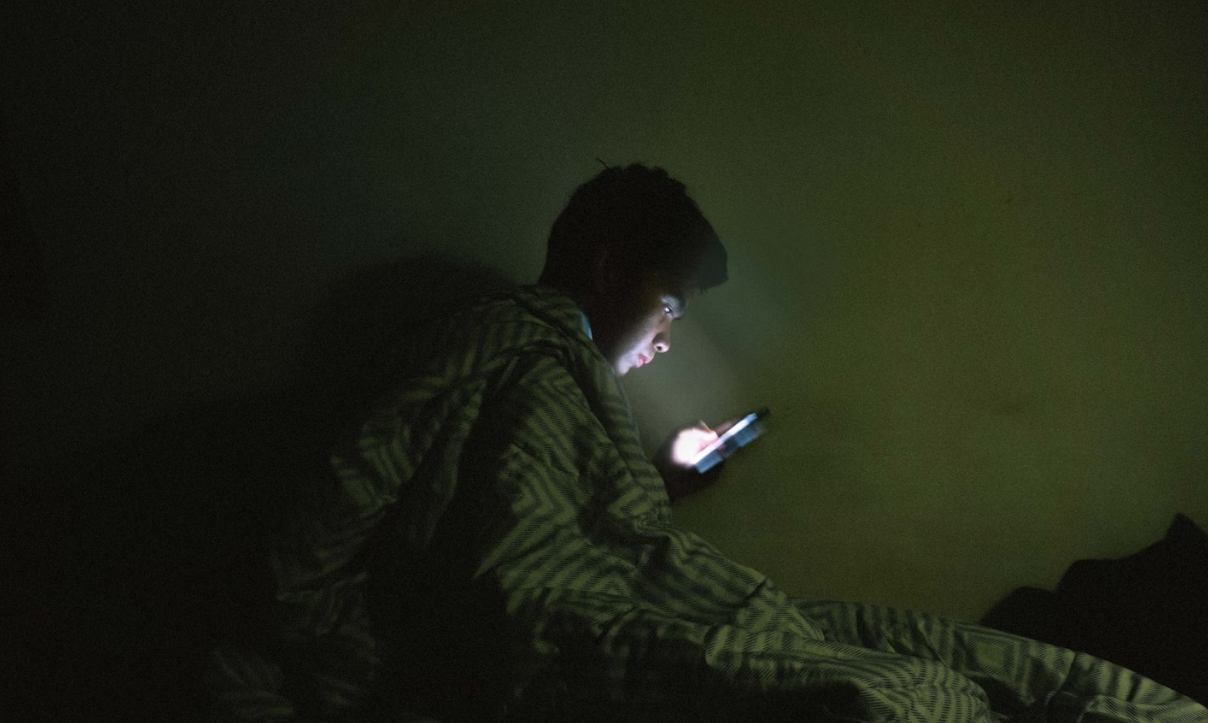
wake up at the morning routine.- Dipqi Ghozali-https://unsplash.com/
Daniel’s story echoes millions. Mobile gaming filled emotional voids during isolation — but in doing so, it created new dependencies. A world of virtual victories replaced real-world fulfillment.
The Culture of Denial
Why don’t people talk about mobile game addiction? Because it doesn’t fit the traditional picture of dependency. There’s no substance, no smoke, no visible harm. Yet, studies have shown mobile gaming addiction triggers the same neural pathways as alcohol or gambling dependency. The difference is subtlety — and social acceptance.
In many cultures, gaming is still seen as leisure, not risk. Parents hand tablets to children as distractions. Adults justify play as “just stress relief.” The stigma lies not in playing too much — but in admitting loss of control. No one wants to confess they’re hooked on something so seemingly harmless.
The Slow Realization
Every addicted player eventually has a moment — a quiet pause between taps — when they realize they’re not playing for joy anymore. The game is playing them. But awareness rarely leads to immediate change. The loops are too ingrained, the rewards too close, the boredom too unbearable.
For some, it’s deleting the app after a panic attack. For others, it’s missing a birthday, a meal, a deadline. Addiction doesn’t always destroy lives dramatically — sometimes it just steals them, one small fragment of attention at a time.
Small Steps Toward Freedom
Reclaiming control doesn’t mean quitting entirely. It means redefining your relationship with the digital world. Experts suggest practical steps that sound simple — but require real courage:
- Turn off push notifications: Remove the trigger that calls you back constantly.
- Set playtime boundaries: Use phone settings to limit daily game usage.
- Identify emotional triggers: Notice when you play — boredom, stress, loneliness — and address the root cause.
- Replace dopamine loops: Substitute quick digital gratification with slow, real-world rewards like hobbies or exercise.
Recovery isn’t dramatic. It’s quiet, like the addiction itself. One fewer login, one missed event, one moment of awareness — that’s where it begins.
The Industry’s Uncomfortable Truth
Some developers are beginning to acknowledge their role. Features like “screen time reminders” and “cooldown warnings” are slowly appearing. But these gestures often feel symbolic. After all, their profits depend on engagement. The conflict between ethical design and commercial success remains unresolved.
As mobile gaming continues to expand into augmented reality, wearable tech, and AI personalization, the line between entertainment and manipulation will only blur further. The next generation of players may never know a world where games end — because they’re not designed to.
The Unspoken Reflection
When you close your eyes at night, after one more round, one more mission, one more spin, do you remember the details? The names of your opponents? The story of the game? Or just the motion — tap, swipe, win, repeat? That’s the subtle tragedy of mobile game addiction: it gives you moments of excitement, but takes away the memory of them.
Maybe the question isn’t whether we should stop playing. Maybe it’s whether we can start choosing when to stop. Because as long as our phones remain our closest companions, the line between player and product will remain dangerously thin — and the addiction, ever invisible.

